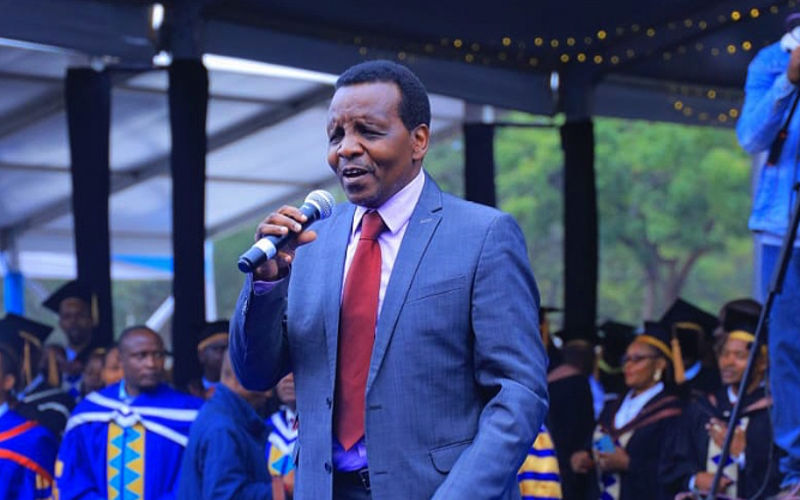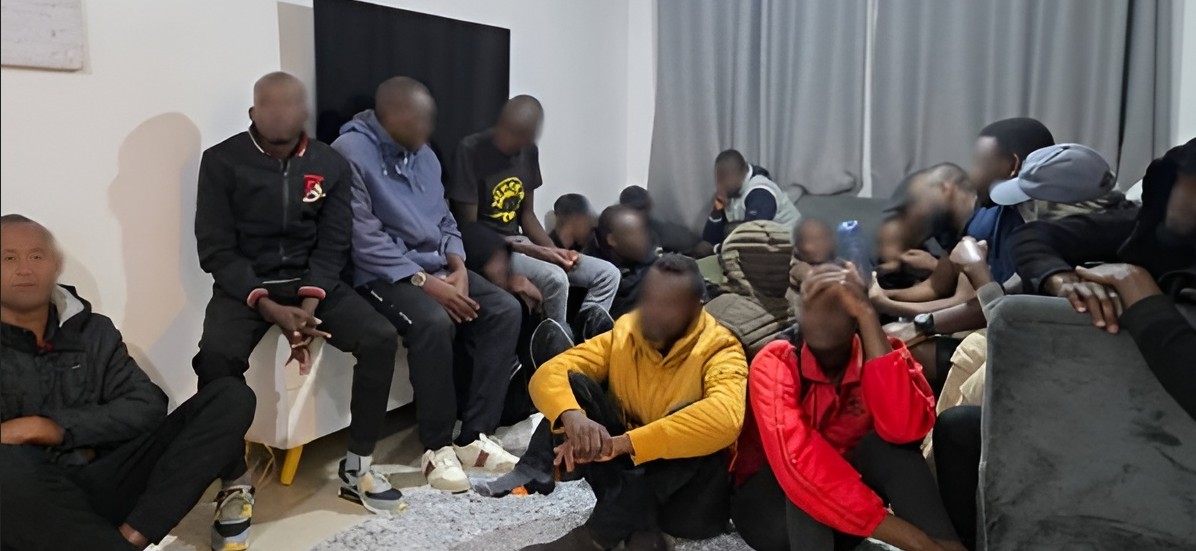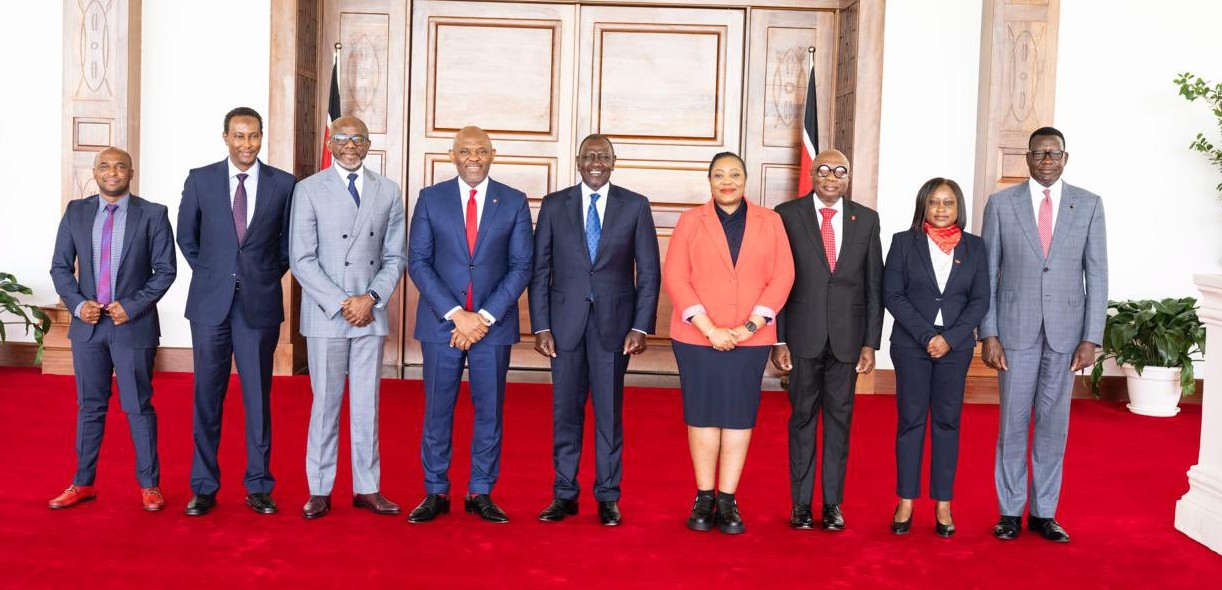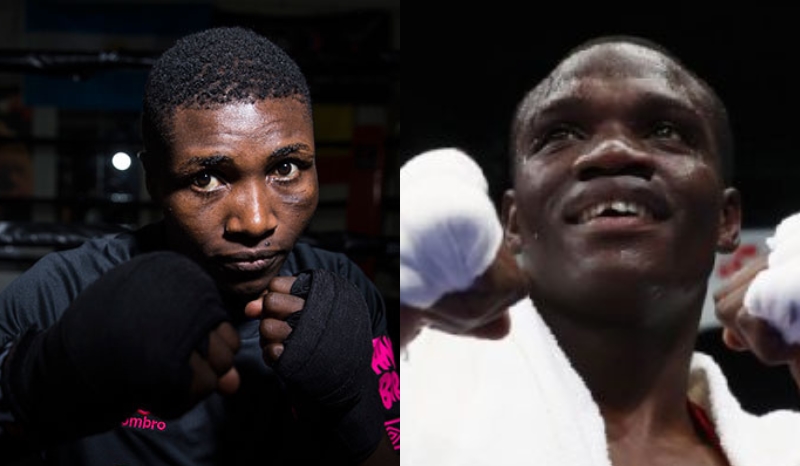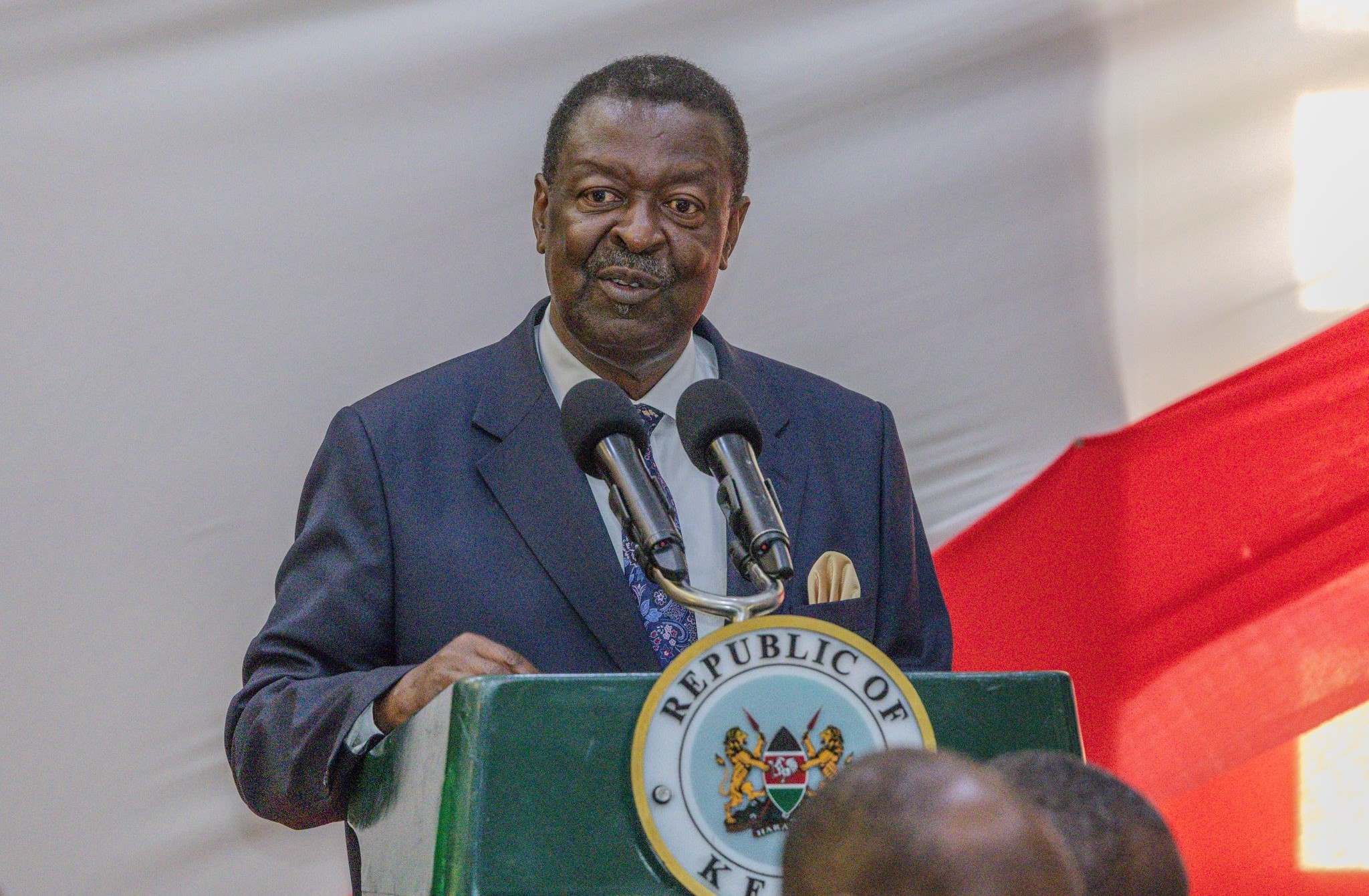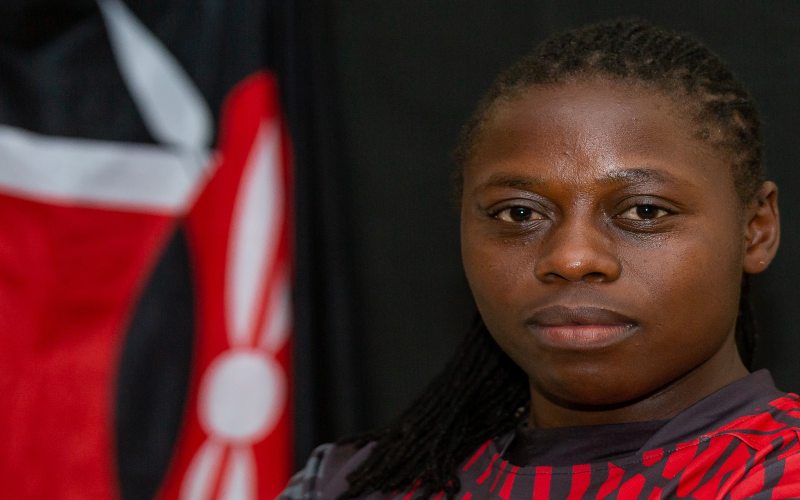Somalia’s President Hassan Sheikh rules out indirect polls, backs one-person, one-vote

President Hassan dismissed claims that leaders might seek to extend their terms or revive the clan-based power-sharing system that has shaped Somali politics in the past.
Somalia’s President Hassan Sheikh Mohamud has reaffirmed that the country will not return to indirect elections, insisting that its political future rests on universal suffrage.
He said the ongoing nationwide voter registration process demonstrates Somalis’ determination to choose their leaders through a one-person, one-vote system.
More To Read
- Africa’s rapid drone expansion promises high-tech warfare but struggles to achieve strategic results
- ‘No rain, no food, no life’: Amnesty slams global inaction as Somalia’s drought turns deadly
- EU deploys warship to track suspected pirate mothership off Somalia
- Somalia's senior Olympic Committee officials suspended over alleged misconduct
- How doctors offering free healthcare services are bringing hope to mothers in Somalia’s Mudug region
- Egypt inches closer to troop deployment in Somalia amid regional tension
Speaking at the official opening of the 7th Session of the 11th Parliament in Mogadishu, the president dismissed claims that leaders might seek to extend their terms or revive the clan-based power-sharing system that has shaped Somali politics in the past.
He pointed to the high number of citizens already registered in Mogadishu as proof of Somalia’s readiness for democratic participation.
Ready for one-person, one-vote
“Those still dreaming of indirect elections should look to the millions already registered in Mogadishu as proof of Somalia’s readiness for one-person, one-vote,” President Hassan said.
He described the registration process as more than a technical task, portraying it as a reflection of the Somali people’s determination to shape their future through the ballot box. According to him, the registration drive marks a turning point in Somalia’s democratic transition, signalling a collective decision to abandon indirect systems in favour of political institutions grounded in the people’s will.
The president stressed that this message from citizens is clear and must guide national leadership in the months ahead.
He urged members of parliament to fast-track the constitutional review and pass the necessary electoral laws well before the end of the current parliamentary term in April 2026.
He noted that these measures are crucial to safeguard the transition to universal suffrage and ensure it cannot be reversed.
“The voter registration is a message; it is the people speaking. It is testimony that they are ready, willing, and determined to vote. This is the faith of our nation in its own democracy,” the president declared.
His remarks come as Somalia prepares for its first nationwide direct elections in modern history—an event being closely watched both at home and abroad as a defining test of the country’s political development.
The upcoming vote is expected to end decades of reliance on clan-based power-sharing arrangements, a system that, while stabilising at times, has long been criticised for restricting genuine political participation.
Demands of universal suffrage
By pressing parliament to complete key legislation and constitutional reforms, the president underscored the importance of aligning Somalia’s legal and political framework with the demands of universal suffrage.
As registration expands beyond Mogadishu, authorities are urging citizens to participate fully in what is seen as a historic step towards a democratic system that reflects the popular will.
The government views the progress in the capital as a sign of broader national readiness, with numbers expected to rise as the process spreads to other regions.
The journey towards one-person, one-vote elections represents a milestone in Somalia’s political history. Its success will determine whether the country can consolidate democratic governance and build a system where leadership is chosen directly by its people.
Top Stories Today
